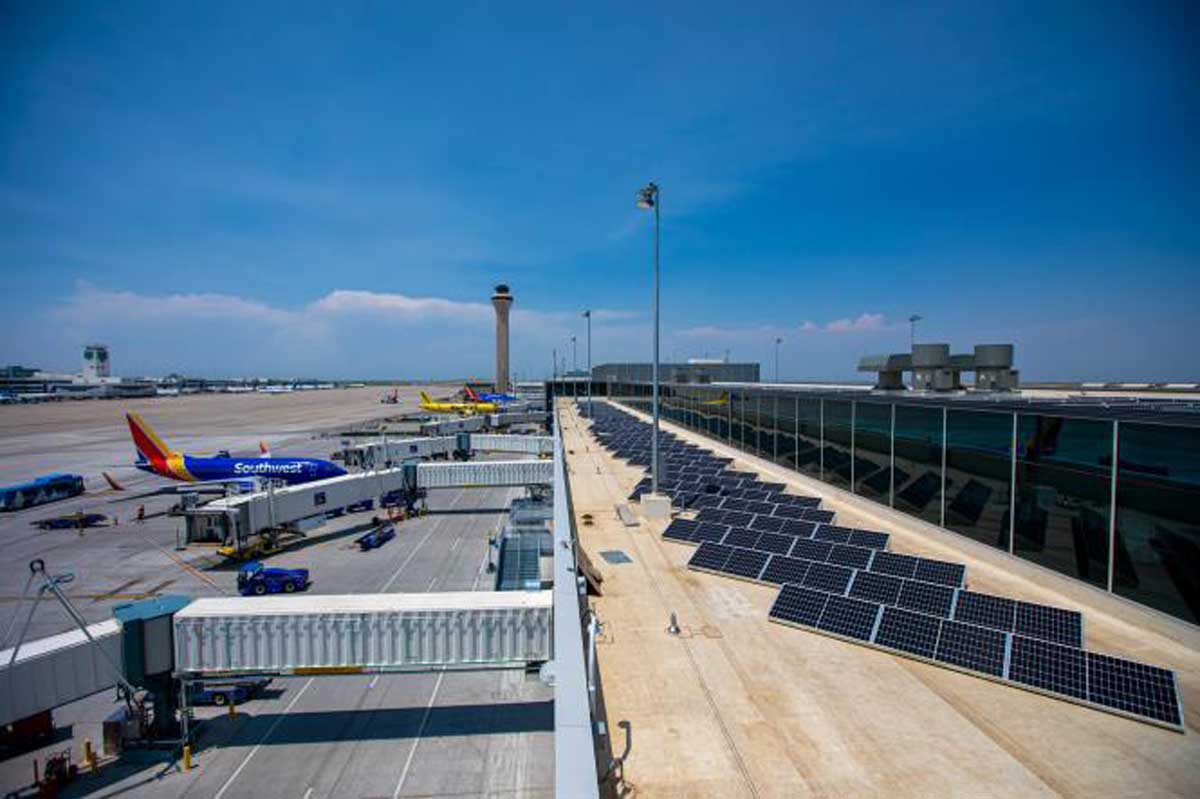
Raja Bhoj Airport achieves carbon neutrality with renewable energy

Sources Unlimited Launches Aurora Collection Inspired by Twilight
Sources Unlimited unveils the Aurora Collection, a luxury lighting series inspired by the soft glow before dawn. Featuring spherical forms and metallic accents, the collection plays with reflections and shadows, enhancing interiors with layered illumination. Designed for floors, tables, ceilings, and walls, Aurora seamlessly integrates into diverse spaces, from homes to hospitality settings. Now available at Sources Unlimited, the collection redefines lighting as an artistic medium, transforming spaces with warmth, nostalgia, and timeless beauty...

Build Capital Exits Second SRA Project Investment Near BKC
Build Capital has successfully exited its investment in an SRA project near Bandra-Kurla Complex, marking another milestone in its structured real estate financing strategy. The early-stage investment helped the developer complete rehab work and align the project with DCPR 2034, enhancing total economics. With a 2.25 lakh sq. ft. development potential and projected revenue of over Rs 7.25 billion, the project generated a 19.76 per cent IRR with 100 per cent on-time interest payments. Commenting on the milestone, Kuldeep Jain, CEO of Build Capital, stated: “Our strategic funding and acti..

Küche7 Unveils Affogato: A Fusion of Luxury and Function
Küche7, India’s luxury stainless steel kitchen specialist, has launched Affogato, a sculptural kitchen design that merges aesthetics with functionality. Featuring deep brown panels with a brownstone texture, a curved marble-topped island, and a seamlessly integrated gas cooktop, Affogato redefines culinary spaces. Thoughtfully designed storage ensures a clutter-free experience, while soft grey flooring and an inlaid ceiling complete its refined appeal. More than a kitchen, Affogato embodies slow li..














